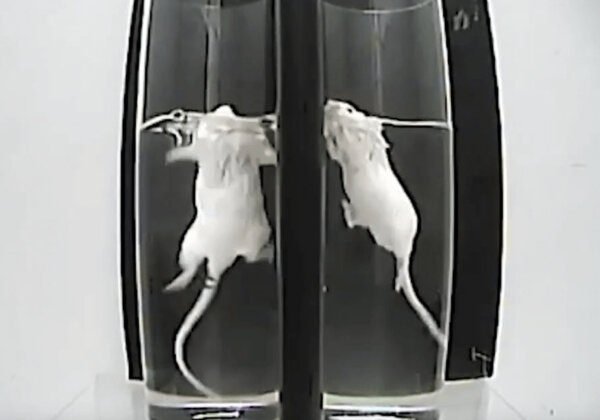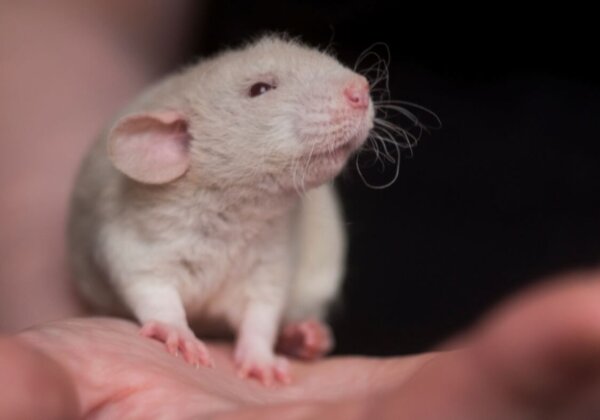Why Is New Zealand Going in the Wrong Direction on Animal Testing?
New Zealand’s Ministry for Primary Industries has released its latest report on the number of animals being used for experiments. It’s not good news.
In 2016, animal experimenters in New Zealand used more than a quarter of a million animals– a 13 per cent jump from the previous year.
https://www.facebook.com/NZAVS/photos/a.576746715763224.1073741831.576241315813764/1498643370240216/?type=3&theater
Yet it’s estimated that this figure represents only around half of all animals suffering in the nation’s facilities. Many more spend their short lives inside a small plastic container in a vivisector’s breeding unit before being killed and disposed of as excess to requirements.
The figures themselves are shocking, but the absurd categorisation of animal suffering shows a complete lack of compassion by both the experimenters and the regulators. Rats classified as experiencing only “little impact” could have been fed via a tube forced down their throats every day for months or years, or calves could have been deliberately infected with parasites. Causing chronic lameness in sheep, opening up the chest cavities of dogs, and exposing pigs to extreme degrees of hot or cold to the point of collapse are considered to have only a “moderate impact”.
What happens to animals enduring a “very high impact” is incomprehensible.
New Zealand’s Animal Welfare Act states that individuals using animals for research, testing, and teaching should “replace” them “by substituting … where appropriate, non-sentient or non-living alternatives or by imparting the information in another way”.
Forward-thinking researchers have succeeded in developing reliable alternatives to harming animals. Scientists can now conduct experiments using organs-on-a-chip or 3-dimensional human skin cultures, and computer models can predict far more accurately what will happen in humans than experiments on other animals do.
These are the types of innovative projects we should be investing in, instead of throwing taxpayer money at ineffective methods that promise only continued suffering. Archaic, unreliable, and unethical tests on animals are inhibiting scientific progress – and slaughtering immense numbers of animals.








